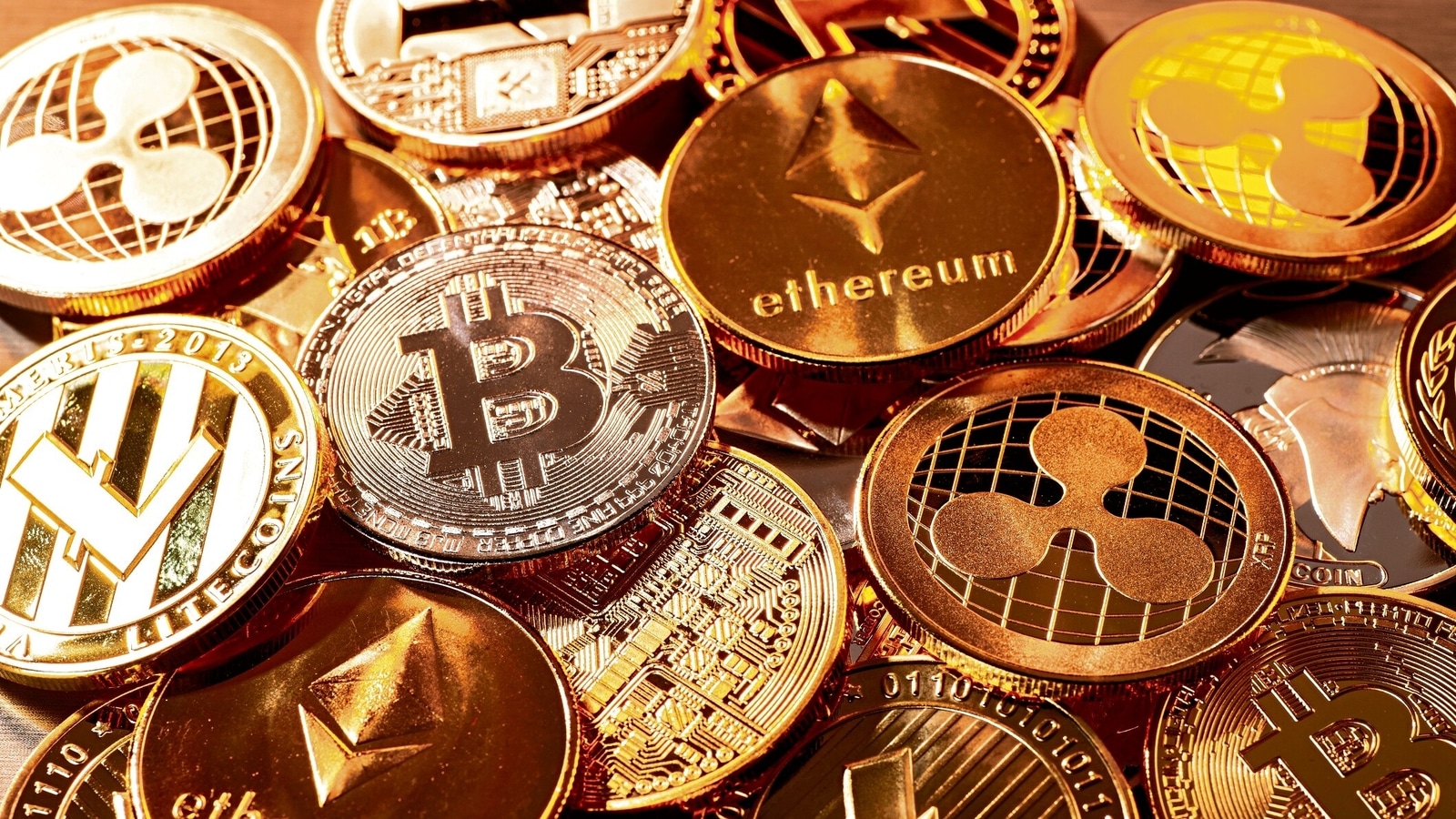Cryptocurrency in India: Is a blanket ban possible? Here’s how things may change
Cryptocurrency watchers in India, who have for months now expressed apprehensions over a blanket ban in India against digital tokens, can likely rest easy as the central government is set to introduce a bill in the forthcoming winter session of Parliament which, if passed, will ban only the ‘private’ cryptocurrencies. First thing’s first – investors trading in Bitcoin, Ethereum, and the likes may breathe a sigh of relief as these are public blockchain-based cryptocurrencies, which offer a degree of anonymity but are markedly different from what is known as private cryptocurrency, which could refer to Monero, Dash, and others of its sort.
Also Read | Cryptocurrency crash: Bitcoin, Ethereum fall in value. Here are possible causes
‘Public’ vs ‘private’ cryptocurrency
Although the definition of what exactly constitutes as ‘private’ cryptocurrency has not yet been clarified by the central government yet, it is likely that Bitcoin, Ethereum, and other crypto tokens of the sort won’t be banned since these are based on public blockchain networks, which mean transactions made using these networks are traceable while still providing a degree of anonymity to users.
Private cryptocurrency, on the other hand, could refer to Monero, Dash, and the likes – which, although built on public blockchains, conceal the transaction information to offer privacy to users. while Bitcoin offers anonymity, Monero offers privacy and is, hence, a private token.
Is a blanket ban possible?
Since a cryptocurrency, in essence, lacks any inherent value or liquidity, it might prove difficult to actually ban the tokens – which could be called an asset, a commodity, a currency, or even a security. Millions of people around the world could, theoretically, hold such a currency – which are basically pieces of code that can’t be ‘banned’ – and still agree to use it as a medium of exchange, which will then lend it value.
Transferring cryptocurrencies from one wallet to another is essentially no different from sharing files from one computer to another, so a regulatory ban might not take away people’s ability to send cryptocurrencies to each other.
Also Read | ‘Cryptocurrency cannot be stopped but must be regulated’, concludes Parliamentary Standing Committee
However, there are always ways for governments to create barriers to transactions and entry of such digital tokens. Since the majority of investors trade on crypto exchanges, banning these platforms is likely to take away a chunk of mainstream cryptocurrency users who have, perhaps, not yet delved into the technical world of creating crypto wallets and so on.
A blanket ban would force crypto exchanges to stop operations in India. One of the world’s largest crypto exchanges, Huobi, had to do the same when China issued a blanket ban on cryptocurrencies earlier this year in September. The exchange’s founder told the Financial Times on November 8 that its revenues from Chinese users during the September to December quarter would be zero.
A policy expert, familiar with the developments on the government end, told HT’s sister publication Livemint that there are “two factions” within the government – one that wants to ban cryptos and one that wants to regulate it. “But since the regulatory scenario wasn’t clear, the first group is the one that’s coming out on top,” the person was quoted as saying. “The government may pass a money bill if it wants, which will be cleared in 14 days. Or they could also do an ordinance, which will be faster.”
Meanwhile, Nischal Shetty, the CEO of WazirX – India’s largest crypto exchange platform – tweeted: “The crypto regulation bill has been listed for the winter session. The description hasn’t changed much. There will be speculation on both sides. The good thing is more people within the government are aware of how crypto works.”
For all the latest business News Click Here

